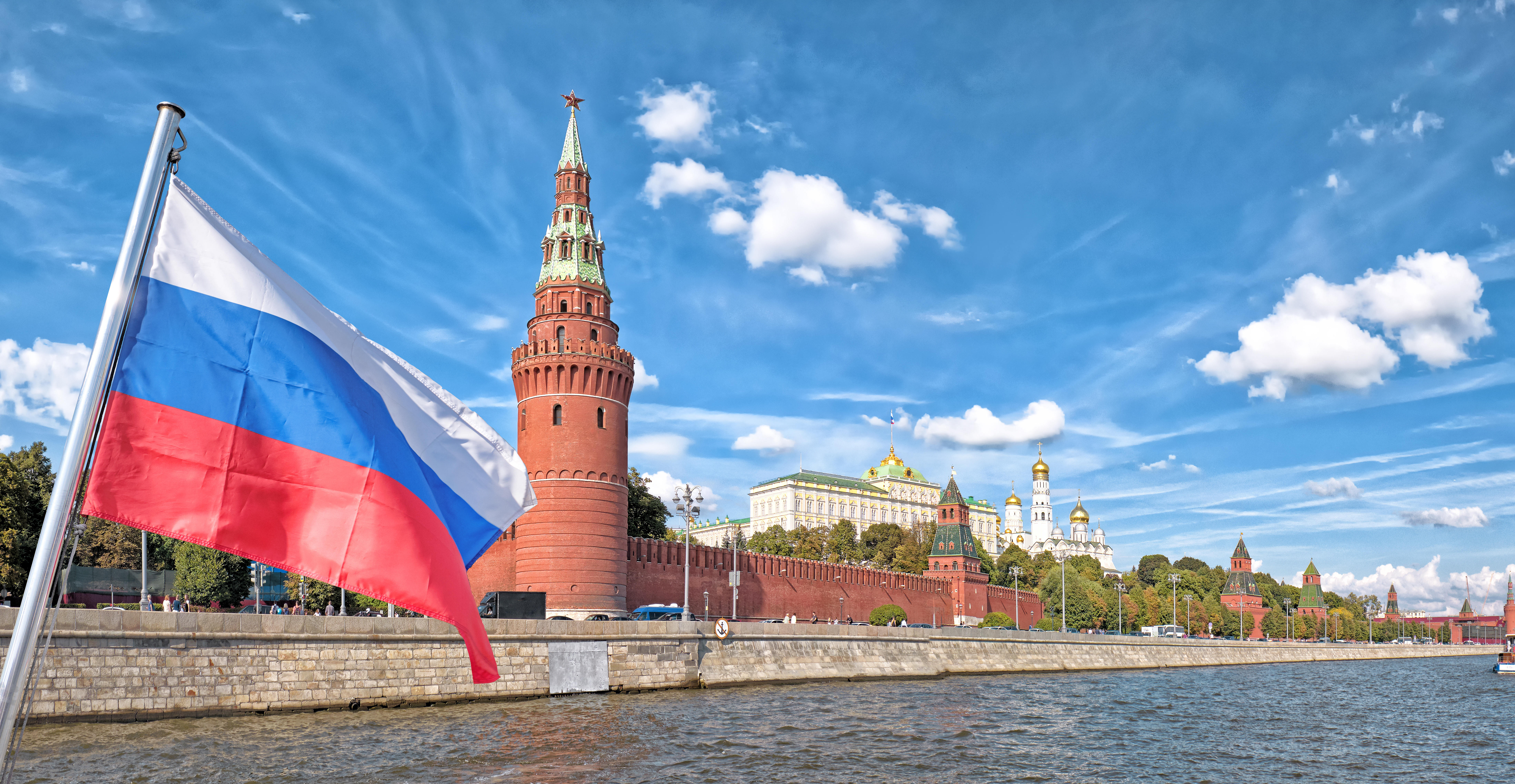The European Union has taken a bold step against Russia’s ongoing campaign of hybrid warfare, imposing sanctions on 16 individuals and three entities accused of destabilizing actions abroad. This marks the first application of the EU’s October 2024 sanctions framework, specifically designed to counter hybrid threats. The sanctions, including asset freezes and travel bans, are a direct response to what the EU Council describes as “Russia’s intensifying campaign of hybrid activities.”
Among the sanctioned entities is GRU Unit 29155, a shadowy division of Russia’s military intelligence agency known for orchestrating assassinations, sabotage, and cyber-attacks across Europe. According to the EU Council, Unit 29155 has been linked to bombings and destabilization efforts from Ukraine to Western Europe and Africa. Notably, the unit deployed WhisperGate malware against Ukrainian critical infrastructure ahead of Russia’s invasion in February 2022.
“Those designated today will be subject to an asset freeze, and EU citizens and companies will be forbidden from making funds available to them. In addition, natural persons will also be subject to a travel ban, which will prevent them from entering or transiting through EU territories.”
The EU’s measures also target high-profile operators of Russian disinformation campaigns. Sofia Zakharova, a senior official in the Kremlin’s office overseeing information technologies, and Nikolai Tupikin, founder of GK Struktura, were sanctioned for their roles in the Doppelgänger campaign. This operation used cloned websites to spread fabricated anti-Western narratives across the EU, the U.S., and Ukraine. The sanctions also named the Groupe Panafricain pour le Commerce et l’Investissement and its founder, Harouna Douamba, for their role in pro-Russian influence operations in Africa. These efforts focused on manipulating narratives in countries like Burkina Faso and the Central African Republic, bolstering Russian geopolitical goals.
Closer to home, the EU’s focus on combating disinformation aligns with ongoing challenges in member states like Romania, where the upcoming elections are a major test of democratic resilience. Concerns have been raised about potential interference from Russian-aligned actors seeking to destabilize the country. Romania’s political landscape is already heating up, with nationalist leader George Simion gaining traction. Simion’s rhetoric has drawn comparisons to far-right populist movements in other EU nations, raising alarms about the role of external actors in amplifying divisive narratives.
Recent developments in Romania's electoral process have brought two unprecedented actions in democratic governance to light. For the first time, an intelligence agency publicly issued and declassified a report detailing foreign interference in the election before the process concluded. This led to an extraordinary second step: the annulment and restart of the presidential elections, marking a significant and unusual precedent in electoral integrity measures.
As elections loom in Romania and other EU member states, the stakes for protecting democratic processes have never been higher. Yet, as the Kremlin’s operatives adapt, the EU and its allies must remain vigilant, ensuring that these measures are both symbolic and impactful in curbing malign activities. The battle for truth and stability in the digital age is far from over.
.png?width=1816&height=566&name=brandmark-design%20(83).png)



